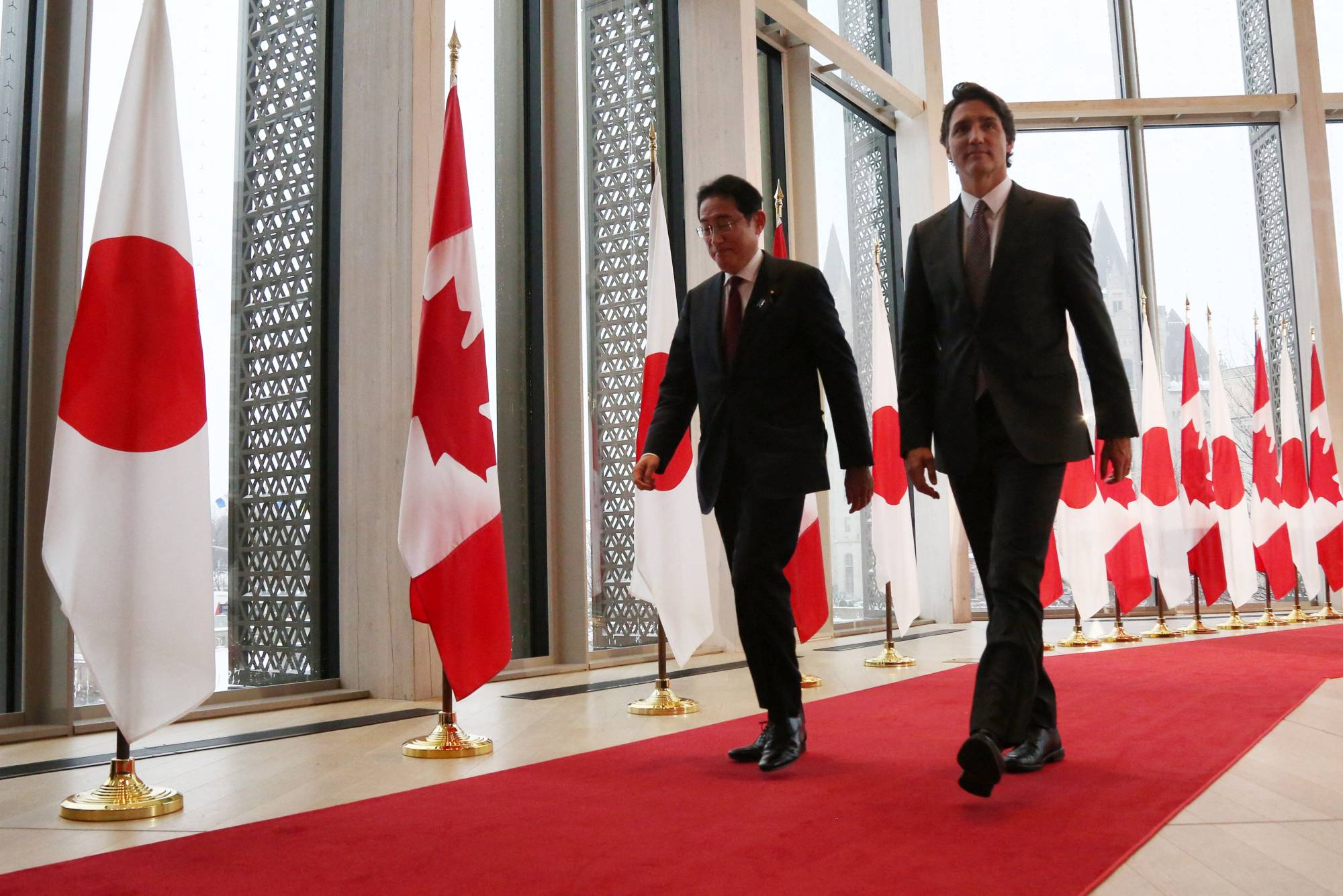When Japanese Prime Minister Fumio Kishida visits the White House Friday, he’ll be doing so at a time when his country has rarely been so important to the U.S.. But how important is he?
With an ever-more assertive China dominating thinking, suddenly everyone, from Australia to the U.K., seems to want to be friendlier with Tokyo. Japan is the "linchpin” to any successful U.S. defense of Taiwan from a Chinese invasion, according to the results of a recent set of war games by the Center for Strategic and International Studies, which recommended that the White House deepen its relations with Tokyo. That’s something the administration of Joe Biden is already working on. Richard Haass, the president of the Council on Foreign Relations, declared Japan’s "emergence as a major geopolitical actor” will be the sleeper story of this year. Even South Korea has indicated it wants better defense ties.
From the perspective of the security establishment in Washington, Kishida has done what decades of his predecessors could not. He’s taken a momentous step forward in making Japan a more militarily "normal” country — something the U.S. has long desired — by ending a decades-old informal cap on defense spending that will double expenditure to 2% of gross domestic product. He’s also done it with surprisingly little drama — there’s no protests on the streets and no shock moves upsetting the region like the late Shinzo Abe’s visit to Tokyo’s Yasukuni Shrine did in 2013.


















With your current subscription plan you can comment on stories. However, before writing your first comment, please create a display name in the Profile section of your subscriber account page.